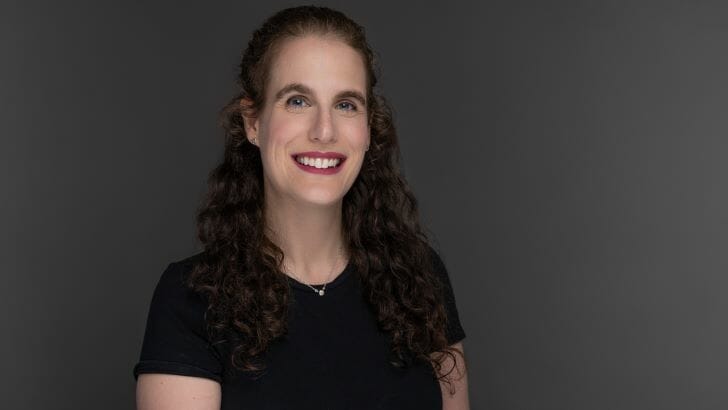I’m constantly losing money on stock and cryptocurrency investments. And I paid for the advice that has given me the information that I’ve used to do this. For example, I was told to buy a specific stock and lost money the whole time when I invested in it. What can I do?
I can hear your frustration oozing through this question. And I get it. After all, what’s the point of paying for financial advice if you’re not going to make money on the guidance you receive?
But before you fire your financial advisor (and you may want to after reading this), it’s important to review reasonable expectations about what a financial advisor can guarantee, how to avoid scams and bad actors and what to expect when it comes to market losses and gains.
A financial advisor may help you understand the pros and cons of certain investment decisions.
What Professional Financial Advice Can Do for You
Instead, what an excellent holistic advisor can do is help you formulate a financial plan that weathers market downturns and tamps down on exposure to risky or speculative financial products.
That financial plan may include stocks that do, at times, lose money. It could even include cryptocurrency investments that only comprise a reasonable part of your portfolio (read: money you’re willing to lose). But your funds should be diversified and placed into different buckets that allow your money to survive market downturns without bankrupting you.
For this assistance, you’ll typically pay a fee, often somewhere around 1% of assets under management (AUM). You may alternatively pay an hourly fee or per-project fee based on how your agreement is structured.
The Importance of Finding a Fiduciary
When finding a financial advisor, I typically recommend working with a fiduciary. That’s someone who is legally obligated to act in your best interest.
There are some shorthand ways to determine whether you’re working with a fiduciary financial advisor. Certified financial planner (CFP) professionals must be fiduciaries. Advisors listed on SmartAsset’s platform are also fiduciary advisors. You can also ask when interviewing potential financial advisors whether they’re fiduciaries and if they act in that capacity at all times.
I like to share this information because anyone can call herself a “financial advisor,” even someone hawking risky financial products on YouTube or selling shares of an investment on Facebook. If you’re getting advice that seems off, consider who you’re getting it from and whether the person is required to act in your best interest when making that recommendation.














